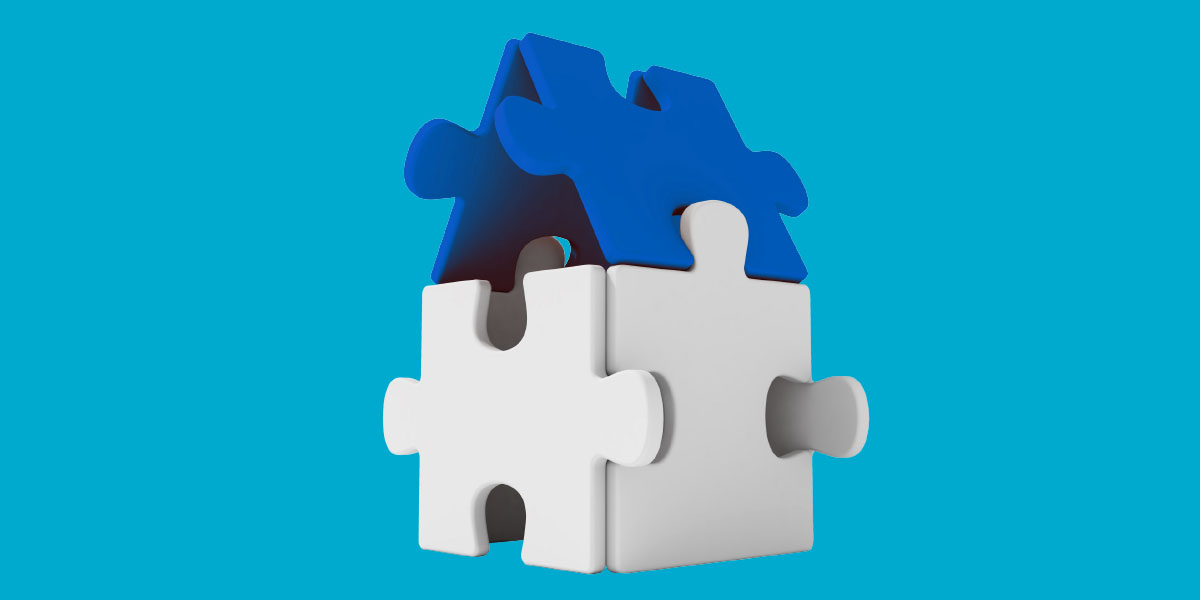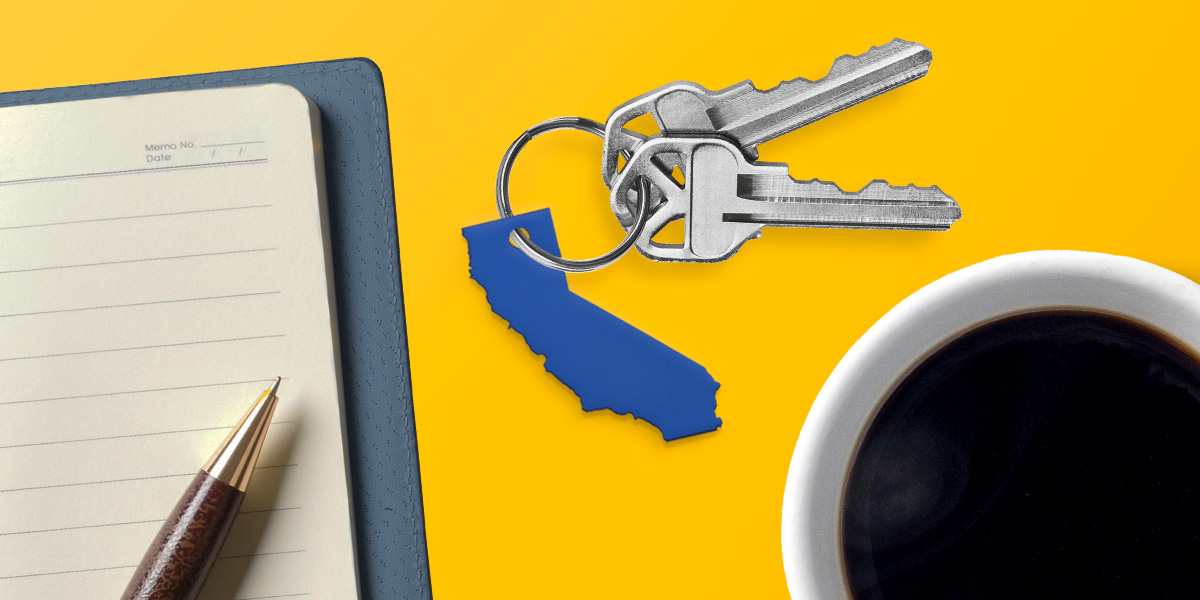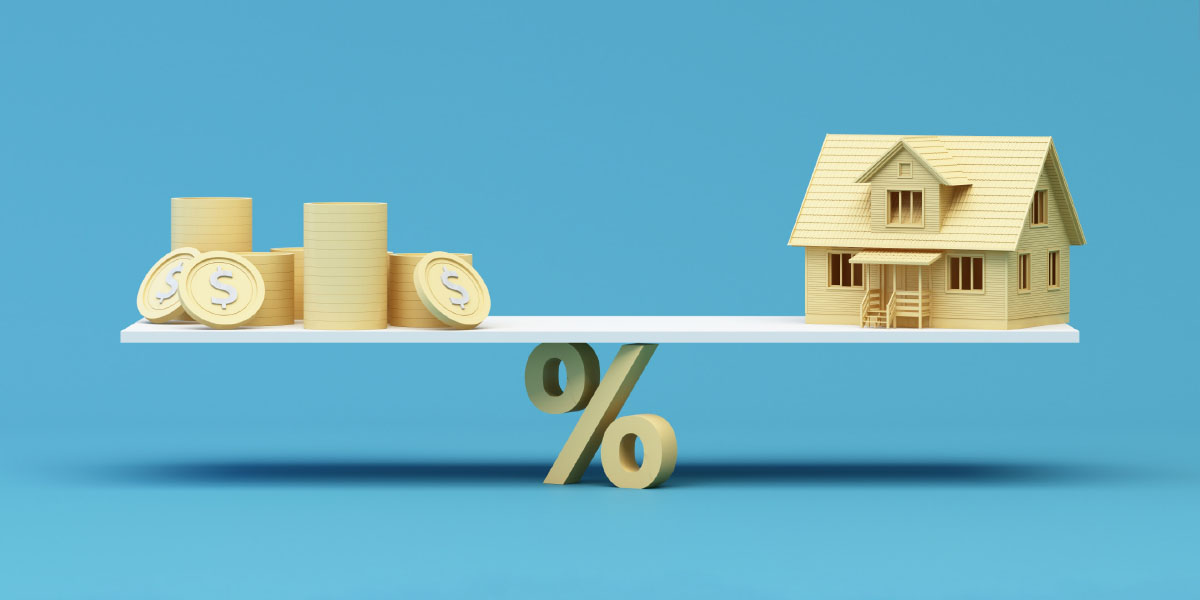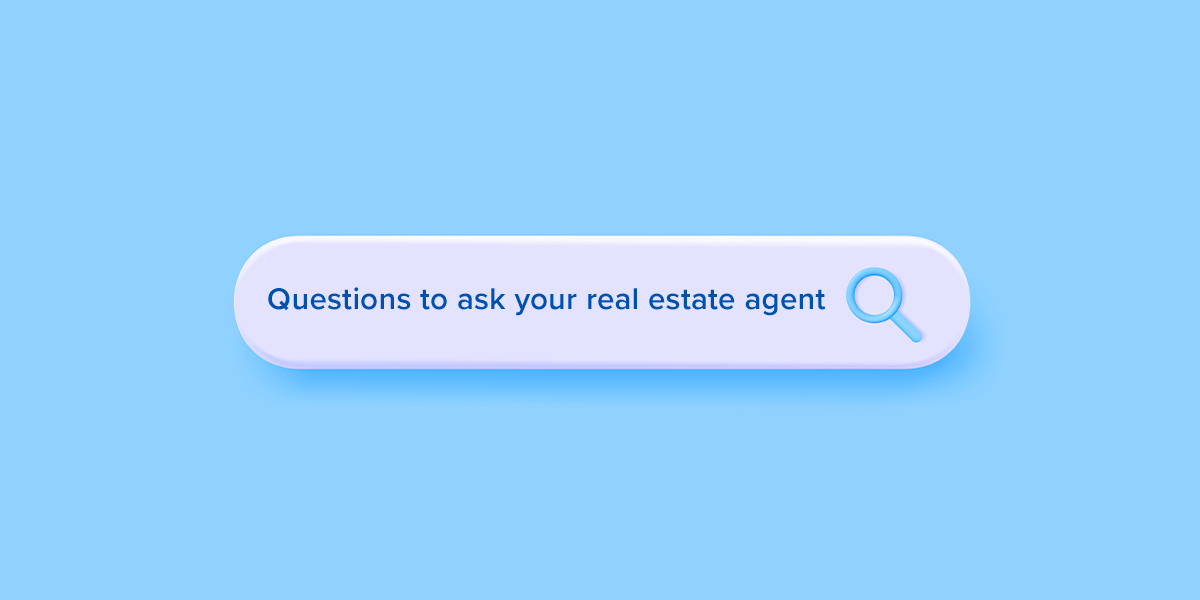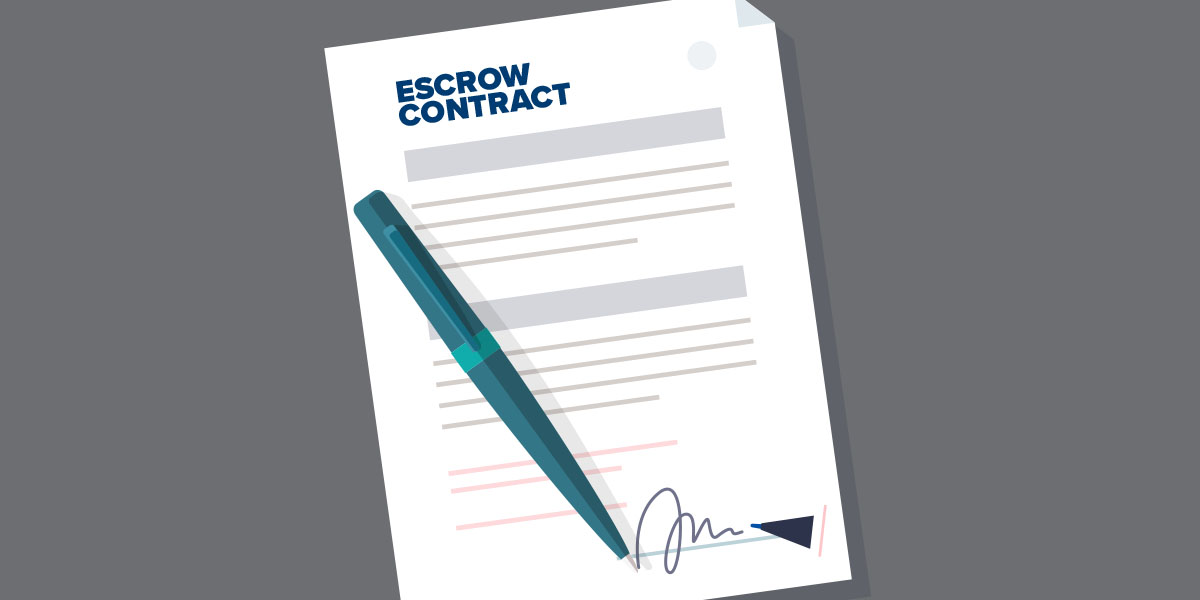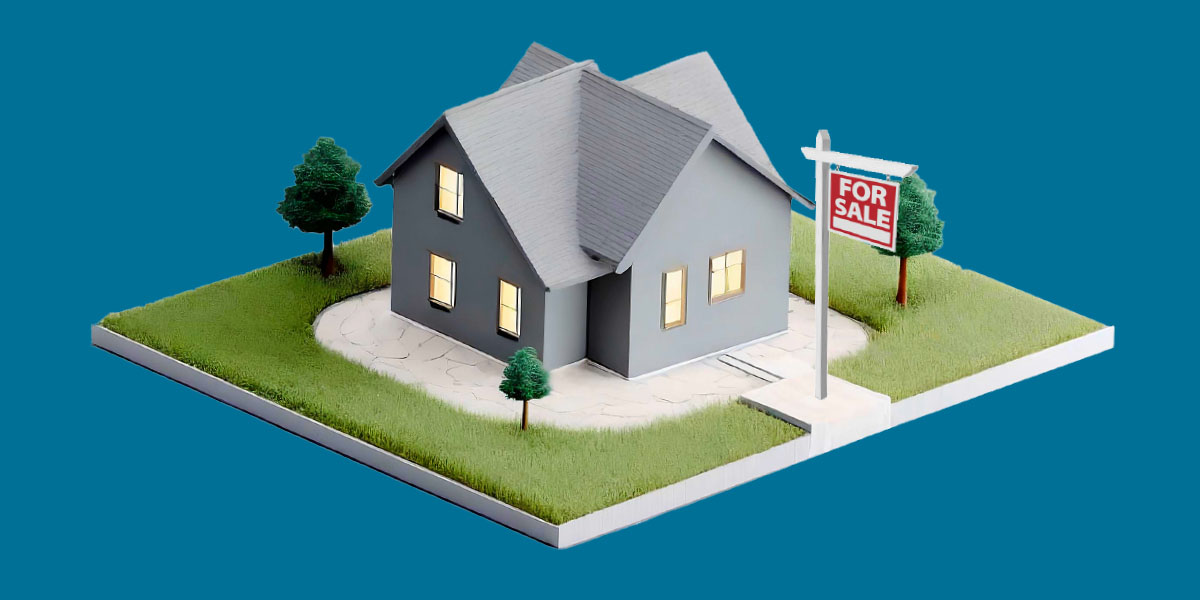-
Personal Banking -
Insights
Budgeting for Your First Home
For most people, buying a home is one of the biggest transactions of their lives and one of the most intimidating. The process means learning the ins-and-outs of getting a home loan, along with serious budgeting and approaching personal finances in a new way.
Many homebuyers might assume that the home they can afford costs the same as the mortgage amount that they're approved for. Yet, for many, it takes careful budgeting to make sure they can afford all the monthly costs associated with owning a home.
Mortgage lenders don't know all your financial obligations and goals, and they may not always account for the other costs associated with owning a home. That's why it's crucial to create your own personal budget for your first home to determine the amount you can comfortably afford, both now and in the future.
Costs associated with owning a home can include:
- Monthly mortgage payments.
- HOA fees.
- Taxes.
- Insurance costs.
- Repairs & maintenance.
- Utilities.
Start With a Personal Budget
The first step to budgeting for your first home is to consider your monthly expenses. If you have outstanding debt, such as credit card bills, personal loans and student loans, those monthly payments will affect the amount of funds you have available for a monthly mortgage payment.
If you don't have a written budget, it can be helpful to start with something like the 50/30/20 rule.
This is a way of budgeting in which people spend:
- 50% of income on needs.
- 30% of income on wants.
- 20% of income on savings and debt repayment.
If you use this approach to budgeting, your “needs" will include things like your rent, utilities, food and other necessities. “Wants" can include entertainment, dining out, travel and other nonessential expenses.
How Much Can You Spend on a Home?
The 50/30/20 rule is only a starting point for budgeting. Your situation might require you to save more or less in each category before you can understand what home price is in your budget.
Before you can determine how much to spend on a home, figure out what percentage of your income you're already spending in the “needs" category.
For example, if you want to stick to the 50/30/20 budget and you already spend 20% of your income on essentials other than housing, you'll have 30% of your income available for housing.
However, if you have other high expenses such as student loan payments or a large family with expensive grocery bills, you may need to adjust your budget and commit to spending a lower percentage of your income on your new home.
How to Calculate Your Homebuying Budget
Along with a firm household budget, you'll also have to keep in mind the amount you'll be able to borrow and any additional costs of homeownership once you are ready to buy a home.
Lenders typically allow homebuyers to borrow a certain percentage of their monthly gross income. Some types of loans, such as Federal Housing Administration (FHA) loans, allow higher monthly payment amounts relative to income.
Credit Score for Buying a Home
The amount you can borrow will also depend on other factors, such as your credit score. Your credit score is a three-digit number that quantifies your creditworthiness for lenders.
The score takes into account factors such as how much debt you owe and your history of making payments on time. The higher your credit score, the more likely you'll be able to qualify for a lower interest rate on your home loan.
Because every mortgage payment includes interest, your interest rate will greatly influence the amount of your monthly payment. A lower interest rate will mean you're paying less in interest each month, so you may be able to afford a higher-priced house.
Determining Your Down Payment
In calculating your home budget, your monthly payment isn't the only thing to consider. You also need to think about the upfront costs involved in buying a home. Most lenders will require a down payment, which you'll pay on the day your loan closes. The larger your down payment, the less you'll have to borrow—resulting in a lower monthly mortgage payment.
Your down payment is the amount you pay in cash when you buy the home. Typically, your mortgage loan amount will be the price of the house minus your down payment. If you purchase a home for $200,000 and make a down payment of $25,000, your mortgage loan amount would be $175,000.
While it may be tempting to use all your available cash for a down payment, it's wise to hold back some money in an emergency fund. If you have a financial emergency and all your cash is tied up in your home, you may be forced to borrow more money to manage.
How a Down Payment Works for Conventional Loans
When buyers make a larger down payment, lenders have more assurance that the loan will be repaid. If your down payment is smaller (less than 20% of the home price, for instance), most lenders will require you to purchase private mortgage insurance (PMI), which is added to each monthly payment. This insurance protects the lender in case of default.
But if you make a down payment of at least 20% of the home price, you might be able to avoid PMI and your monthly payment will be lower as a result.
Is a $10,000 Down Payment Enough for a House?
It's possible to buy a home with a down payment of $10,000. Whether a down payment of $10,000 is enough will depend on the home you choose, its price and other variables such as your credit score and loan requirements. If you're purchasing a home for $50,000 or less, a $10,000 down payment will cover 20% of the cost, allowing you to avoid paying PMI.
Because most homes will cost quite a bit more than $50,000, it's more likely that a $10,000 down payment will not be enough to avoid PMI. So even if you're approved for a mortgage with a $10,000 down payment, you'll need to be prepared to have a PMI premium added to your monthly mortgage payments.
Budget for Closing Costs
Buying a house costs money on top of the purchase price. In addition to a down payment, you'll also pay closing costs on the day you close the loan. Closing costs can vary, but are often about 2% to 6% of a home's loan amount.
Closing costs can include:
- Lender's fees.
- Attorney's fees.
- Real estate commissions.
- A title insurance premium.
- Escrow charges.
- Inspection costs.
- Appraisal costs.
While the costs above are common, some home purchases might come with additional closing costs due to requirements such as pest control, building repairs and more.
Budget for Day One Expenses
After you close on your mortgage loan, you'll still have additional expenses to get settled in at your new address. It's important to plan ahead and budget for these as well, so you're prepared to make your new house a home.
Moving
Whether you plan to pay professional movers or simply rent a moving van, relocating your belongings to your new location can be pricey. It's a good idea to call several moving companies for quotes and make sure you choose a moving company that is insured against loss and breakage.
Furniture
If you'll need new furniture to fit into your new space, shop around and determine a ballpark budget for how much you'll need to spend. You may be able to save money by reusing some of the furniture you already have or by purchasing secondhand items online or at furniture consignment stores.
Appliances
Find out whether your new home will come with appliances or if you'll need to purchase them. During contract negotiations, consider asking for all appliances to remain so you won't have to buy new ones.
Day One Upgrades
If you're purchasing an existing home rather than a new construction home, you may want to replace the carpet, paint the walls or do other updates before moving in. If that's the case, plan ahead for those costs so you'll be prepared.
Account for the Expenses of Homeownership
As you budget to determine the amount you can pay for a new home, don't forget to also plan for the other expenses you'll incur as a homeowner, including the following:
HOA Fees
If your home is located in a community with a homeowner's association (HOA), you'll be required to pay dues on a monthly or annual basis. These fees are used by the HOA to pay for amenities in a neighborhood or building.
HOA fees often cover expenses such as:
- Community pool maintenance.
- Trash removal.
- Utilities in common spaces.
- Safety systems & security.
- Pest control.
- Landscaping.
Mortgage
Be prepared to pay your monthly mortgage payment, including PMI if your down payment will be less than 20% of the home price.
Homeowner's Insurance
You will need to buy homeowner's insurance to protect your home in case of fire or burglary, and mortgage lenders will require that you keep the property insured.
You may have insurance included as part of your monthly mortgage payment, in which case your mortgage company will pay the insurance cost on your behalf.
Utilities
Plan for monthly electric, gas and water bills that may come with living in your new home. If you're moving from a small apartment into a large home, or from one climate to another, your heating and cooling costs may change.
You may need to budget for additional services such as cable, phone or internet, which will all incur additional monthly cost.
Property Taxes
When you own property, your state or local government will collect taxes on it. Your property tax may be paid annually or spread out through the year, depending on where you live. Your mortgage lender may add a portion of your property tax bill to each monthly payment and hold those tax payments in escrow for you, paying the tax bill on your behalf when it's due.
Property Care
If your new home has a yard, you will need to plan for the cost of mowing your lawn or hiring a landscaper. Additionally, don't forget about maintenance costs related to things such as plumbing and HVAC systems.
Estimating Maintenance & Renovations
When you become a homeowner, maintenance and repairs are your responsibility. If the roof leaks, you'll need to get it fixed or replaced. If the dryer breaks, you'll need to do the same.
In some cases, repairs may be covered by insurance—and it will be your responsibility to communicate with your insurance company to determine whether a specific issue is covered and how to file a claim.
Use an Emergency Fund
A general rule of thumb is to expect to pay 1% to 2% of the cost of your home on an annual basis for repairs and maintenance. In some years, you may have fewer repairs and in other years, you may have more.
Consider budgeting to save this much each year in a home maintenance account. That way, when your heating unit breaks or you need a new refrigerator, you'll be prepared to handle the expense.
It can be wise to store these funds in a savings account. That way, your money can earn interest before it must be used for repairs or maintenance.
Getting Pre-Approved for a Home Loan
After you have completed your budget plan and determined how much you think you can pay for a new home, the next step is to get pre-approved for a mortgage. To get pre-approved, you will complete a mortgage application with a lender, and the lender will verify your information as well as complete a credit check.
This process allows a lender to confirm your creditworthiness and help you calculate the loan amount for which you can qualify. You can use that estimate to start looking for homes that fit your budget and your needs.
How to Lower Your Mortgage Payment
Even with careful planning and budgeting, buying and maintaining a home is simply an expensive endeavor. But there are ways to lower your mortgage payment, such as:
Avoid Paying PMI
If you buy a home with at least a 20% down payment, it's unlikely that you'll have to pay PMI. Making a larger down payment and avoiding PMI can lower your monthly costs. In some cases, this could mean buying a lower-priced home that allows you to pay off more of its cost upfront.
Rent Out a Room
If you purchase a home that has more space than you need, consider renting out a room to a friend, family member or roommate. You can use the rent to help pay your mortgage payment, lowering your own financial obligation.
Make a Larger Down Payment
A larger down payment means you are borrowing less money and paying less in interest over time. It may also mean you can avoid paying PMI on a monthly basis.
There are often state, federal and local programs designed to help first-time homebuyers. For example, some state governments offer down payment assistance programs to help people overcome the hurdle of saving enough for a down payment.
However, be certain that you're working through official channels as scammers often try to take advantage of first-time homebuyers looking for the right assistance program. Oftentimes, government websites will provide lists of reputable or approved lenders for these programs.
Additionally, some financial institutions offer special rates for members of certain groups or those who are looking to buy their first home.
This article is for general information and education only. It is provided as a courtesy to the clients and friends of City National Bank (City National). City National does not warrant that it is accurate or complete. Opinions expressed and estimates or projections given are those of the authors or persons quoted as of the date of the article with no obligation to update or notify of inaccuracy or change. This article may not be reproduced, distributed or further published by any person without the written consent of City National. Please cite source when quoting.
City National, its managed affiliates and subsidiaries, as a matter of policy, do not give tax, accounting, regulatory, or legal advice, and any information provided should not be construed as such. Rules in the areas of law, tax, and accounting are subject to change and open to varying interpretations. Any strategies discussed in this document were not intended to be used, and cannot be used for the purpose of avoiding any tax penalties that may be imposed. You should consult with your other advisors on the tax, accounting and legal implications of actions you may take based on any strategies or information presented taking into account your own particular circumstances.
Loans and lines of credit are subject to credit and property approval. Additional terms and conditions apply. Not all applicants will qualify. Home equity lines of credit are not available in Texas.
